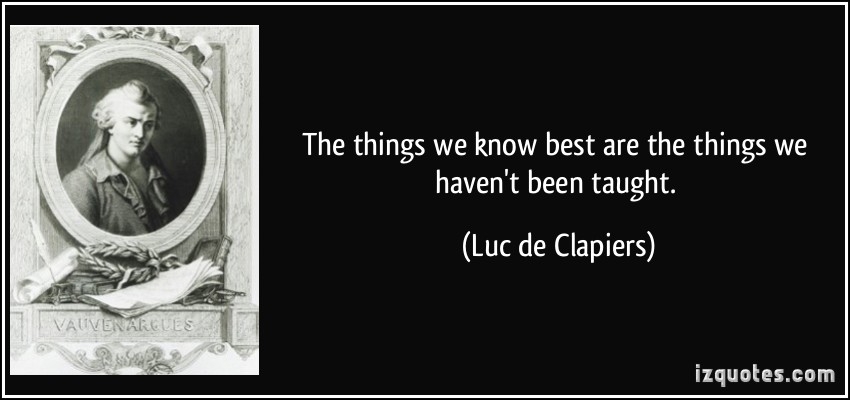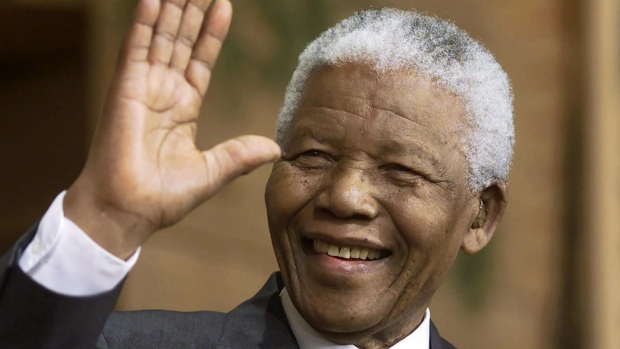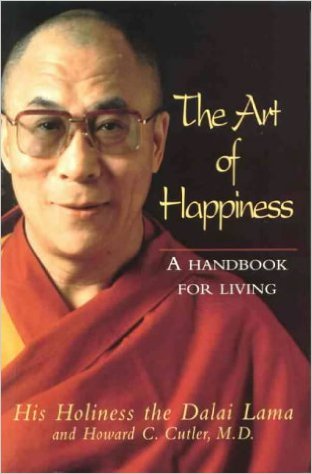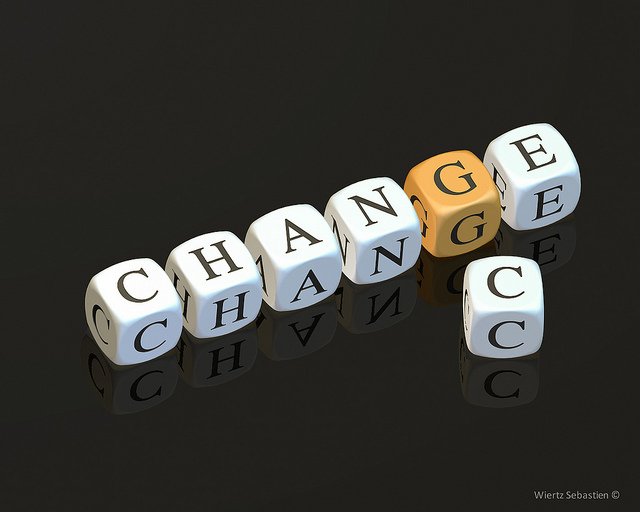“Don’t be satisfied with stories, how things have gone with others. Unfold your own myth.”
—Rumi, 13th-century Persian Sunni Muslim poet

Image from Unsplash by Jeshoots.com
One of my daily rituals is to read the Word of the Day provided by Merriam-Webster. You can subscribe by email at Merriam-Webster.com.
The word of the day on which I wrote this post was vicarious. It pertains to today’s quote in that we gain a particular experience in our imagination through the feeling and actions of another person.
Consider all the secondhand and surrogate experiences we take in through television, movies, sporting events, social media, and of course, good old gossip.
How does ingesting vicarious stories and experiences truly contribute positively to your world, beyond the distracting, entertainment value?
EXERCISE:
How and in what ways can and will you live, moving forward, to become far more of the main character of your own life story?




 My first career, fresh out of college, was as a teacher. It was my belief at the time that it was my job to literally pour my knowledge of life science into the minds of 25 sixth grade students. What I discovered was that very little got in, and even less of my brilliant lessons stuck for more than a week or two.
My first career, fresh out of college, was as a teacher. It was my belief at the time that it was my job to literally pour my knowledge of life science into the minds of 25 sixth grade students. What I discovered was that very little got in, and even less of my brilliant lessons stuck for more than a week or two.


